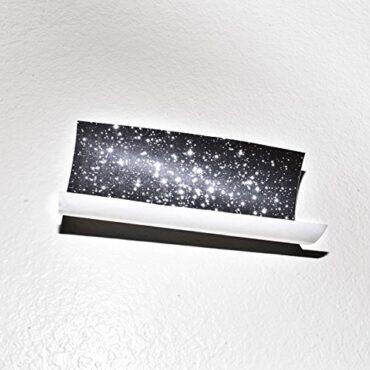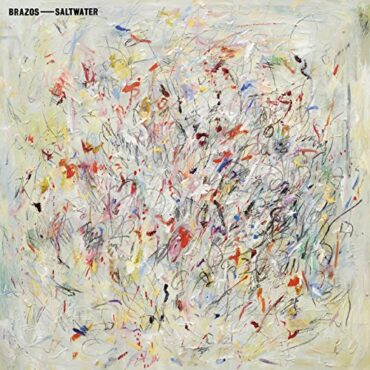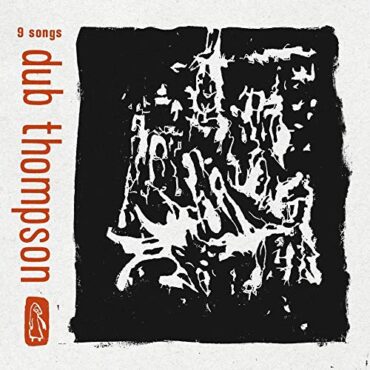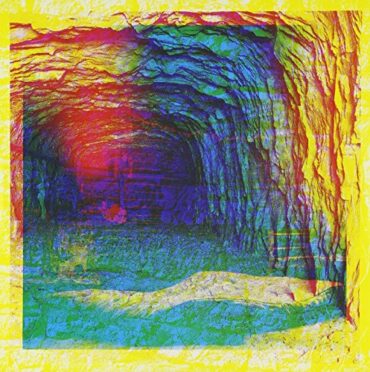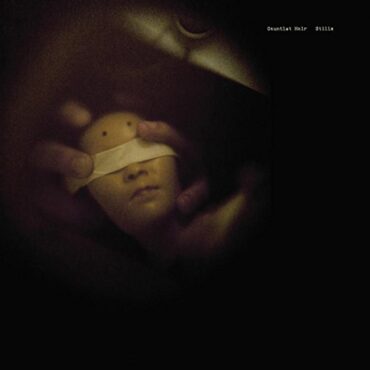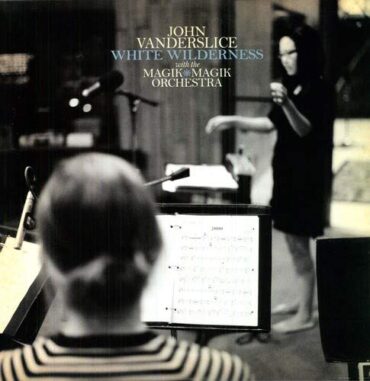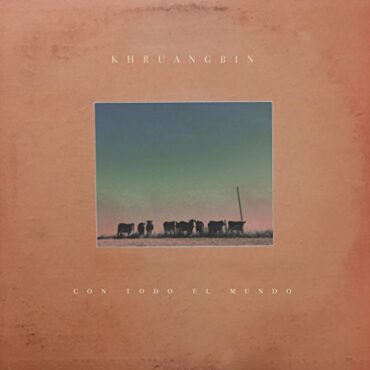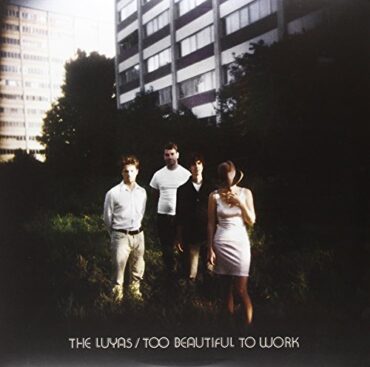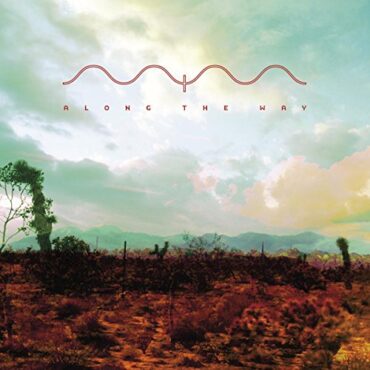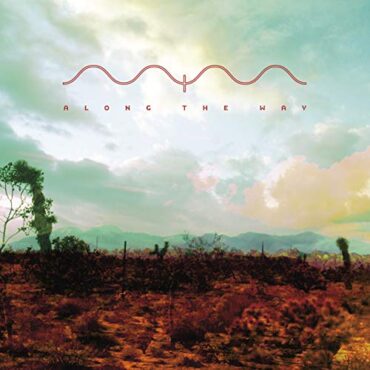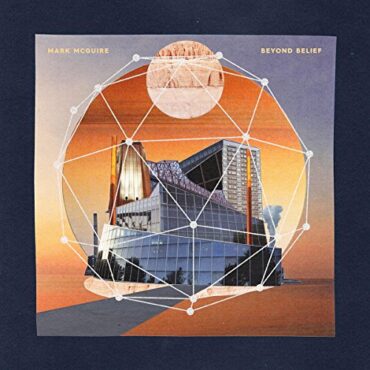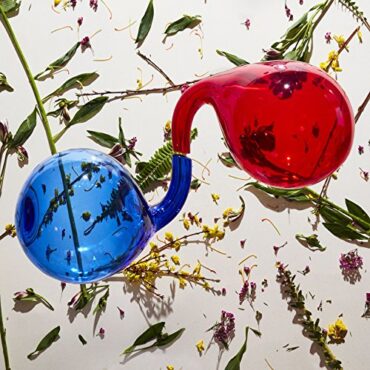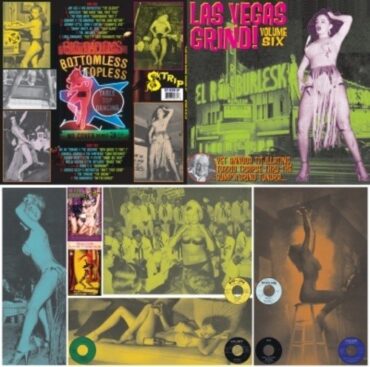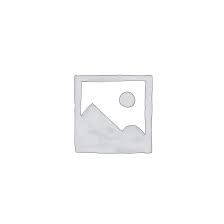DEAD OCEANS

I’ve been out in front of a dozen dead oceans
I’ve been ten thousand miles in the mouth of a graveyard
And it’s a hard, and it’s a hard, it’s a hard, and it’s a hard
And it’s a hard rain’s a-gonna fall
Bob Dylan, “A Hard Rain’s a-Gonna Fall” (’62)
When Allen Ginsberg heard a young Bob Dylan’s “A Hard Rain’s a-Gonna Fall,” he wept – because, he said, “…it seemed that the torch had been passed to another generation. From earlier bohemian, or Beat illumination. And self-empowerment.”
With the label name lifted from the lyrics of the sprawling folk ballad Dylan wrote in the summer of ’62, Dead Oceans has grown to embody not just the passing but the claiming of the torch.. Its diverse make-up of artists pushes forth a modern re-imagining of the supposed indie-rock canon – an expansion and re-definition of what the “indie” genre even is, and what it can be.
That Dylan reference serves as a skeleton key for understanding the underlying artistic aesthetic of Dead Oceans. On the surface, little seems to unite the artists on the label, and that’s been true since the beginning. The earliest releases – including landmarks such as Phosphorescent’s Pride, Dirty Projectors’ Rise Above, and Akron/Family’s Set ‘Em Wild, Set ‘Em Free– ranged from folk to art punk to groove-y psych rock.
The next several years yielded a continued sonic diversity: the ethereal nature of Julianna Barwick’s experimental ambiance; the swelling, breakout balance of power and vulnerability in Mitski’s anthemic rock; Ryley Walker, The Tallest Man on Earth, and Kevin Morby’s new visions of folk storytelling; Marlon Williams’ haunting, arresting croon; and shoegaze icon Slowdive’s remarkable return after a 22 year hiatus.
At the center of Dead Oceans’ origin story is founder Phil Waldorf. And, of course, his past job at a record store. While he wasn’t conscious of it at the time he started Dead Oceans back in 2007, Phil Waldorf was drawing on his years as a musically omnivorous record clerk.
“I like the way different things sit side by side,” he says, simply.
A Virginia native with a teenage love of skateboarding and punk rock seven-inches, growing up outside of DC instilled in Waldorf one of the core values of the local scene: live music is for all ages. Waldorf had access to a diverse set of underground artists from the onset, a solid foundation of appreciating a wide range of sonic aesthetics that grew as he delved further into the business of music.
After shipping off to college in Athens, Ga., Waldorf’s most lasting education took place at the college radio station, WUOG (where he worked as music director), and the city’s legendary underground music scene. Waldorf’s timing was fortuitous — he came to know future indie legends Neutral Milk Hotel and Olivia Tremor Control in their formative years, witnessing early house shows before both bands rose to underground fame and eventual cult-status.
Waldorf’s music education continued after moving to New York City in 1998, when he was hired by the iconic record store, Other Music. When he was at WUOG, Waldorf loved how different genres co-mingled in new and unexpected ways on the station’s airwaves. That jumbling of music data continued at Other Music – working there required uncommon fluency on an impossibly wide range of artists. On an average day, Waldorf might be quizzed by customers about Can, Vashti Bunyan, Serge Gainsbourg, or Aphex Twin.
“That was the lifeblood of that store,” Waldorf says. “I learned how much I didn’t know, and that was exciting.”
While working at Other Music, Waldorf also managed an indie label, Misra Records. There, he learned the ropes of running a record label: counseling artists, shepherding albums, communicating with record stores, making sure people got paid, and essentially overseeing every aspect of the business.
“I was pretty well-rounded,” Waldorf says modestly. But for Chris Swanson – who was a co-founder of the nascent Secretly Group, which included Jagjaguwar and Secretly Canadian at the time – Waldorf was a true “record guy,” the rare person who knew how all the pieces of the record industry fit together, and yet could still see music as art, rather than a commodity. The friends began talking about the possibility of working together.
“It didn’t feel like the world needed another label. But I think we were really just drawn to working with Phil,” says Swanson, who suggested naming the label for the Dylan song.
Waldorf started Dead Oceans with partners Ben Swanson, Chris Swanson, Darius Van Arman, and Jonathan Cargill in 2007. The aspirations were simple: build a successful business and be able to serve artists. From those modest roots, Secretly Group has grown into a thriving, dynamic label group, with offices across the US and Europe and a roster that continues to include some of the world’s most exciting and imaginative artists.
Today, Dead Oceans is home to a staggering mix of artists that span genre, age, and sense of place. Dead Oceans’ troubador-twisting foundations endure in Phoebe Bridgers, Kevin Morby, Bill Fay and Fenne Lily; artists like Japanese Breakfast, Mitski, and Khruangbin bring fiery imaginations and breathtaking, intergalatic visions; Shame, Destroyer and Durand Jones & the Indications each rattle and hum in incomparable ways; and long-beloved artists like Slowdive and Bright Eyes have found a home here as well, returning to music with deep wells and exciting new ideas.
And if you look closely, there is a through-line for every Dead Oceans release. To put it in somewhat grandiose terms, it’s that idea of remaking classic American music for a new century. Take Khruangbin’s latest album Mordechai — with over 14 languages and the music of 30+ countries represented, bassist Laura Lee sees it equally as a celebration of the band’s hometown, stating plainly, “I hope it sounds like Houston.”
“There is a kind of classicism that we want to express,” Swanson says. “We want to participate in the canon – to be at play in that same space that the artists we grew up listening to were engaged.”
“I think it’s fair to say that in the early days, both Phosphorescent and Dead Oceans were what you might call ‘scrappy’ outfits,” observes Matthew Houck, voice of Phosphorescent and longtime Dead Oceans artist. “But it’s sure as hell come a long way since then.” As Dead Oceans has thrived for over a decade, the central mission has endured — to both honor and subvert the canon of independent music, so that it can be remade anew for the modern world.
Showing 1–12 of 24 results
Showing 1–12 of 24 results


